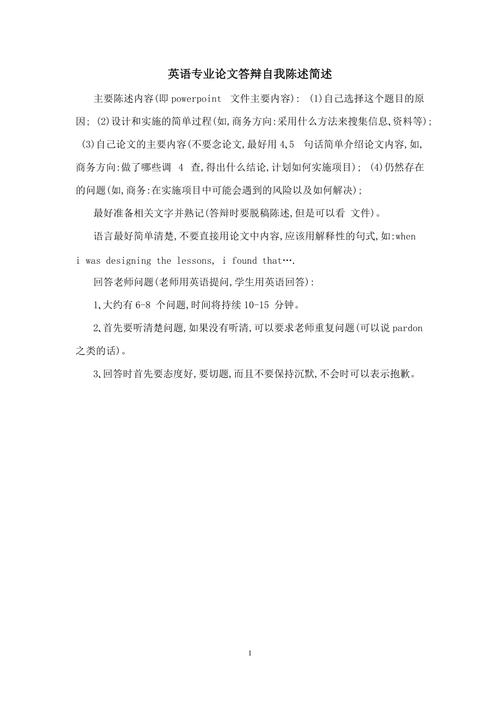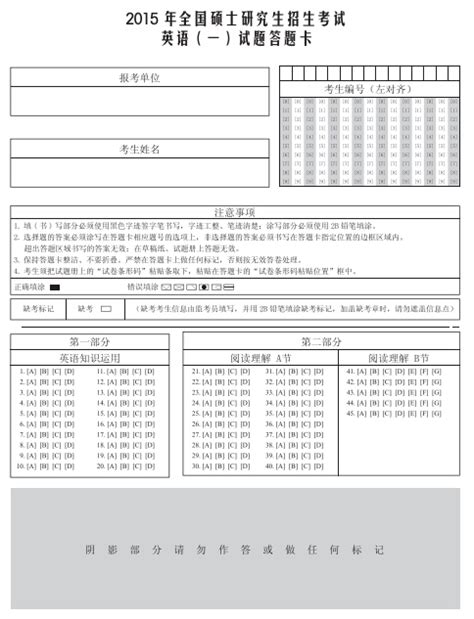英语文学类论文答辩问题
Authors often serve as mirrors to society, reflecting its triumphs, struggles, and contradictions. Take, for example, Charles Dickens, whose novels vividly depict the injustices and inequalities of Victorian England. In "Oliver Twist," Dickens exposes the harsh realities of poverty and exploitation, while in "A Tale of Two Cities," he explores themes of revolution and sacrifice against the backdrop of the French Revolution. Through his characters and narratives, Dickens provides a poignant commentary on the sociopolitical issues of his era, urging readers to confront the inequities that plague society.
Symbolism infuses literature with layers of meaning, inviting readers to delve beneath the surface and uncover hidden truths. Consider Nathaniel Hawthorne's "The Scarlet Letter," where the scarlet letter itself becomes a potent symbol of sin, shame, and societal judgment. Through the character of Hester Prynne, Hawthorne explores the complexities of morality and redemption, challenging conventional notions of good and evil. By unraveling the symbolism within the text, we gain deeper insight into the human condition and the intricacies of moral ambiguity.
Title: Navigating the Depths of English Literature: Expert Answers for Defense Questions

Gender dynamics often influence the portrayal of characters in literature, reflecting societal norms, expectations, and power dynamics. Take, for instance, Virginia Woolf's "Mrs. Dalloway," where the protagonist grapples with the constraints of gender roles and societal expectations. Through the juxtaposition of male and female characters, Woolf exposes the complexities of gender identity and the struggles for selfexpression and autonomy. By analyzing the representation of gender in literature, we gain insight into the evolving dynamics of power and agency within society.
English literature is a rich tapestry woven with the threads of history, culture, and human experience. As you embark on your journey in this field, it's essential to understand its intricacies and complexities. In this guide, we'll explore common questions you may encounter during your defense in the realm of English literature, providing insightful answers and guidance to help you navigate this fascinating discipline.
Literary movements are pivotal in shaping the trajectory of English literature, influencing not only the themes and styles of writing but also the cultural and social context in which works are produced. For instance, the Romantic movement of the 18th and 19th centuries emphasized individualism, emotion, and the sublime, reacting against the rationalism of the Enlightenment. This movement gave rise to masterpieces like Wordsworth's "Lyrical Ballads" and Shelley's "Frankenstein," showcasing the celebration of nature and the exploration of human psyche.
Literary interpretation is inherently subjective, shaped by the cultural lens through which readers perceive the text. For example, a Western reader may interpret Chinua Achebe's "Things Fall Apart" within the context of colonialism and cultural imperialism, whereas an African reader may view it through the lens of postcolonial identity and resilience. By acknowledging and embracing diverse cultural perspectives, we enrich our understanding of literature, recognizing its universal themes while also appreciating its unique manifestations across cultures.
English literature is a vast and dynamic field, brimming with a multitude of voices, perspectives, and narratives. By engaging with the questions and themes presented in this guide, you'll embark on a journey of exploration and discovery, uncovering the richness and complexity of the human experience as expressed through the written word.
版权声明
本文仅代表作者观点,不代表百度立场。
本文系作者授权百度百家发表,未经许可,不得转载。











